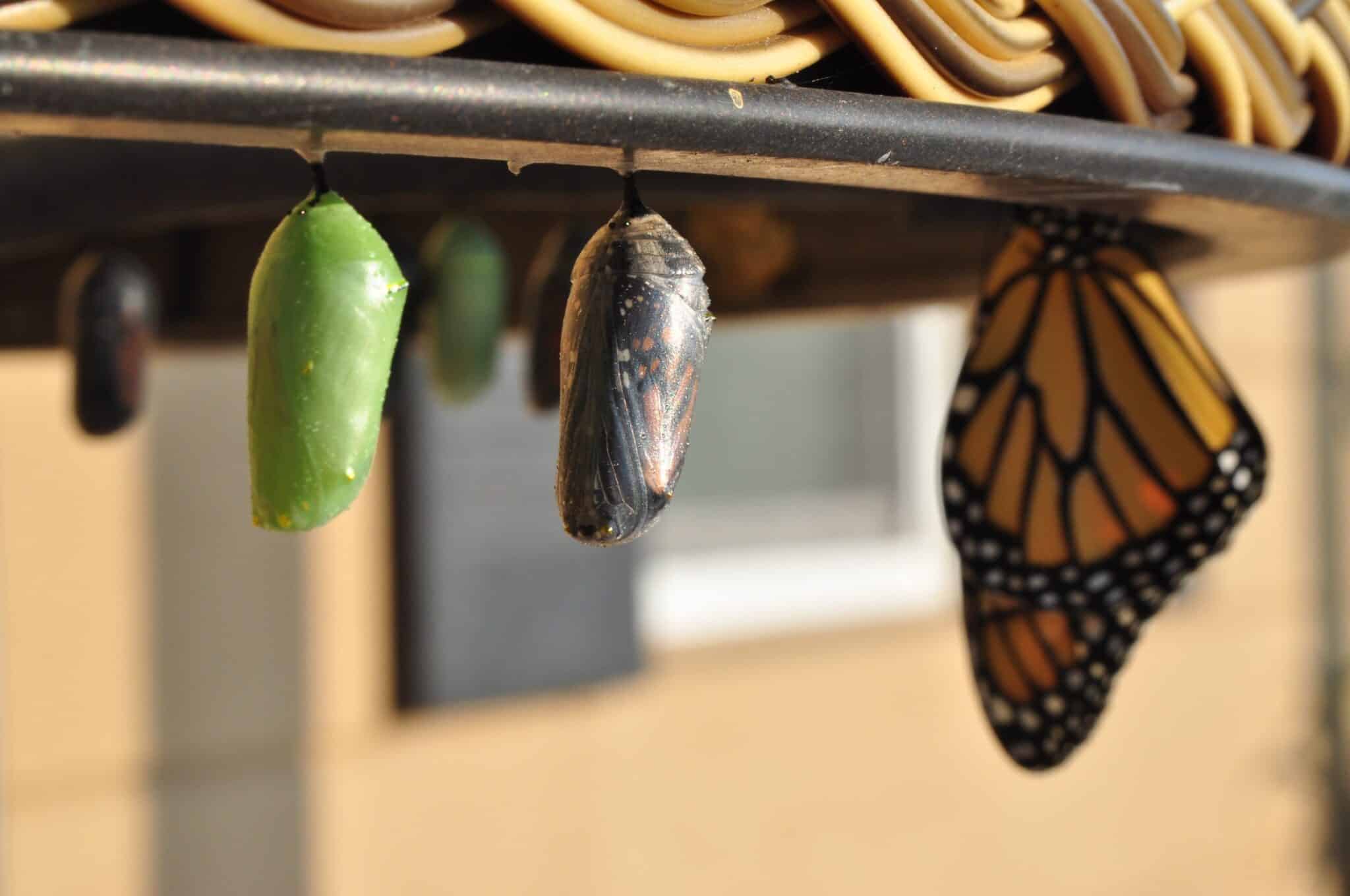Change happens, but transformation is always a process of letting go, living in the confusing, shadowy space for a while, and eventually being spit up on a new and unexpected shore. You can see why Jonah in the belly of the whale is such an important symbol for many Jews and Christians. In moments of insecurity and crisis, shoulds and oughts don’t really help; they just increase the shame, guilt, pressure, and likelihood of backsliding. It’s the deep yeses that carry us through. It’s that deeper something we are strongly for that allows us to wait it out. It’s someone in whom we absolutely believe and to whom we commit. In plain language, love wins out over guilt any day. It is sad that we settle for the short-run effectiveness of shaming people instead of the longterm life benefits of true transformation. But then, we are a culture of product and efficiency, not terribly patient with growth. God clearly is much more patient—and, finally, much more effective. God lets Jonah run in the wrong direction, but finds a long, suffering, circuitous path to get him back where he needs to be—in spite of himself ! That is patiently supporting inner transformation. Only God seems to have developed such a talent. We usually prefer order, control, predictability, and immediacy. I think that is probably the most striking difference between institutional religion and the God of mercy.
— from The Wisdom Pattern: Order, Disorder, Reorder by Richard Rohr, OFM








